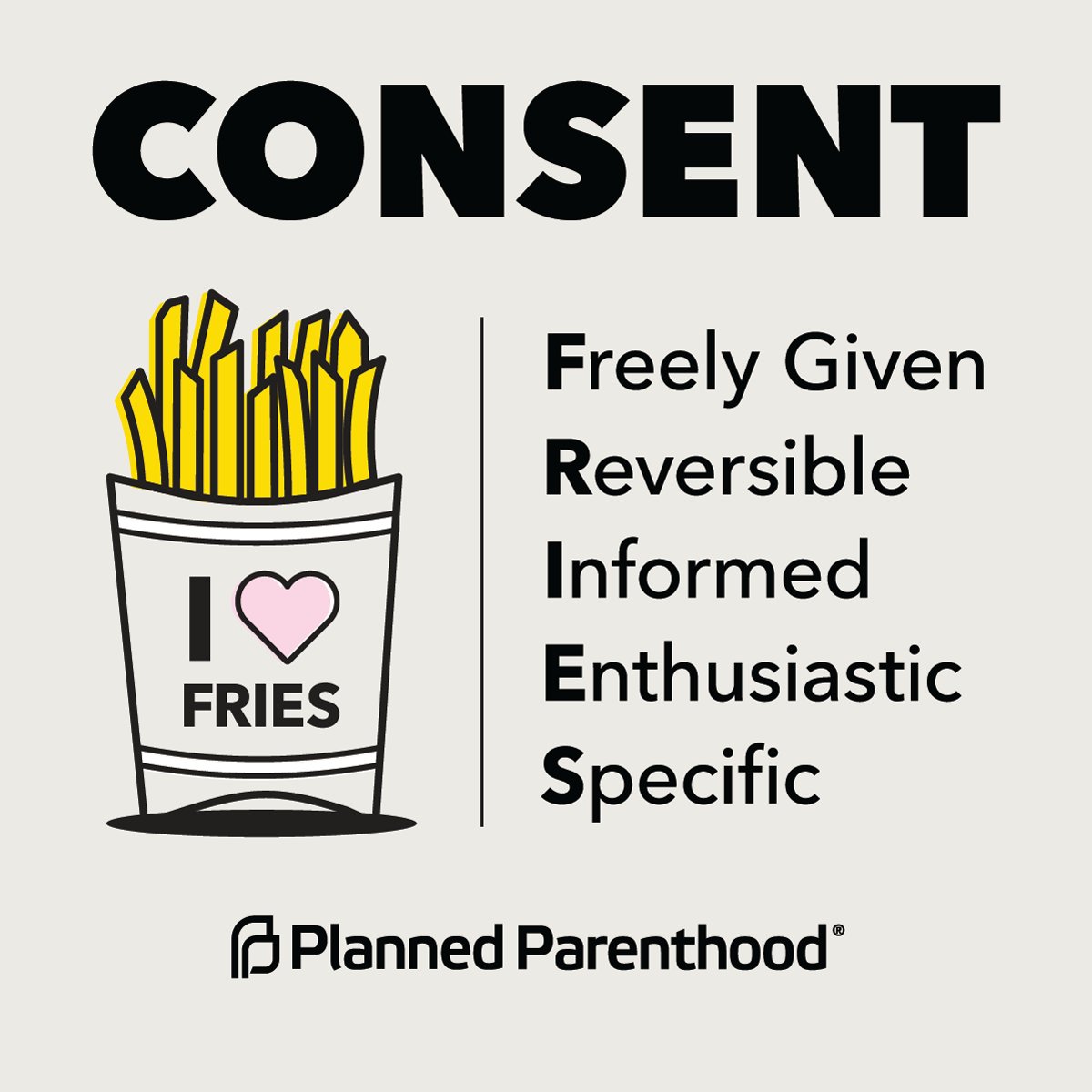Safe & Unsafe Relationships
There are many types of relationships. This section focuses on romantic or sexual relationships. Everyone deserves to be safe and treated with respect. Here are some great resources to help you make sure you feel safe in a relationship, help you determine If you are in an unsafe relationship, get the facts on consent, and learn to recognize sexual assault and intimate partner violence (often called dating violence or abuse).
Warning: Content on this page contains sensitive information including topics such as sexual violence. If you need immediate support, you can reach out to the National Domestic Violence Hotline. You can also reach Between Friends at 800-603-HELP (4357).
Safe Relationships
Every relationship is unique—just like every person is an individual. Every person might need something different to feel safe in a relationship and it is important to talk to your partner about what your needs are and what their needs are. But there are things that all safe relationships have in common: good communication, mutual respect, trust, and honesty, for a start. Boundaries and consent, including sexual consent, are important parts of a relationship.
Green Flags
Green flags in a relationship are positive behaviors or personal qualities that indicate that the person you’re with will likely approach relationships in healthy, mature, and generally desirable ways in the future. Whereas red flags call attention to issues, green flags signal that you are safe to proceed.
- Mutual respect: You and your partner respect each other and your friends and family members. You respect each other’s boundaries and personal space. You feel safe with your partner.
- Attentiveness: Your partner puts in effort to hear and understand you. They demonstrate an awareness of your needs.
- Open communication: You feel comfortable sharing your thoughts and feelings with your partner. Your partner actively listens to you when you are speaking, and vice versa. You can acknowledge when you have differing opinions.
- Emotional Validation: Your partner shows compassion when you are going through a difficult time. They listen to your thoughts and validate your feelings to show that they care about you.
Boundaries and Consent
Boundaries and consent are closely related. Boundaries are someone’s own limits. Asking for consent is the way to find out what someone’s limits are and giving consent is explaining to someone what your limits are. Boundaries take many forms (emotional, physical, material, sexual, etc.), and consent can be related to all those boundaries. Consent means having or giving permission for something to happen. Understanding someone’s boundaries and asking for and giving consent is a critical part of every relationship and sexual encounter. According to Planned Parenthood, the components of consent can be thought of as FRIES (Freely given, Reversible, Informed, Enthusiastic, and Specific).
Conversations around boundaries and consent may seem awkward to talk about, but consent is the only way for people to respect each other’s boundaries and is a legal requirement in every state. The State of Illinois has laws about consent that punish people who violate it, but these laws can vary from state to state. Explore the sites below to learn more.
Unsafe Relationships
Violation of a person’s boundaries and/or consent is a sign of an unsafe relationship. Relationships exist along a spectrum ranging from safe relationships (healthy behavior) to unsafe (unhealthy and abusive behavior) relationships. For kids and teens, abuse in relationships is a form of interpersonal violence (IPV) known as teen dating violence (TDV), which includes physical violence, sexual violence, emotional and verbal abuse (psychological aggression), and stalking.
Sexual Violence and Sexual Assault
Sexual violence is an umbrella term that is used to describe crimes that include non-consensual sexual acts, such as sexual assault, sexual abuse, and intimate partner sexual violence (see more information on sexual violence terms here). Sexual violence can happen within a relationship (a type of teen dating violence) and/or outside of a relationship. When violence, including sexual violence, happens within a relationship, it is often called intimate partner violence (IPV).
Every 2 minutes, someone, somewhere in America is sexually assaulted. It can happen to anyone: children, teens, adults, elders and people of all genders. If you or someone you know has been attacked, hurt, or taken advantage of, you can get help. No on should go through it alone.

Teen dating violence is common.
One in four adolescents reports verbal, emotional, physical, or sexual dating violence each year.
Just because someone doesn’t say “no,” doesn’t mean they’re saying “yes.”
The absence of the word “no” never means “yes.” Someone who is drunk or high might not be able to give consent.
Men and boys are survivors of sexual assault, too.
Don’t assume it’s always women and girls. Stereotypes of masculinity may make it harder for males to come forward. People of all genders can experience sexual assault.
Protect your privacy.
Pictures or videos you send to someone can be forwarded to friends and posted online.
No one is “asking for it” by the way they dress.
There is no justification for sexual assault or abuse. Blaming the survivor is always wrong.
93% of juvenile sexual-assault survivors knew their attacker.
Perpetrators (people who commit sexual assault) are most likely an acquaintance or a family member rather than a stranger.
Relationships can be unhealthy or abusive without including any kind of physical violence.
Someone can be a survivor of intimate partner violence without their partner ever touching them. Many times, abuse starts as emotional or psychological and only becomes physical later.
Sexual assault is an act of power and control, not sexual urges.
Most people experience sexual urges, but most people don’t commit sexual assault.
Certain adults are required to report disclosures of sexual assault to the authorities.
Certain adults, such as teachers, medical personnel, law enforcement personnel, or mental health professionals are mandated reporters, meaning they are required to report to instances of sexual assault to law enforcement or mental health professionals.
No one should have sex unless they want to.
It’s never ok to pressure someone into sex, and being in a relationship does NOT mean you owe anyone sex.
There are many reasons people choose not to report a sexual assault. Someone may be afraid or believe it’s not important enough to report. Support is out there, and assault is never ok.


